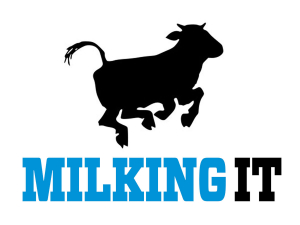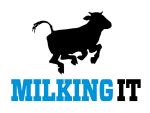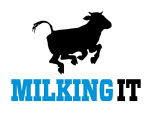If it proves effective at scale, reductions of this size could offer significant climate benefits.
The new results published last week in the journal PLoS One, builds on work published by other researchers suggesting that adding certain types of seaweed can reduce livestock methane emissions.
In 2018, some of the same researchers behind the new paper recorded reductions of more than 50% among dairy cows after the introduction of a red-coloured seaweed called Asparagopsis taxiformis to their feed.











